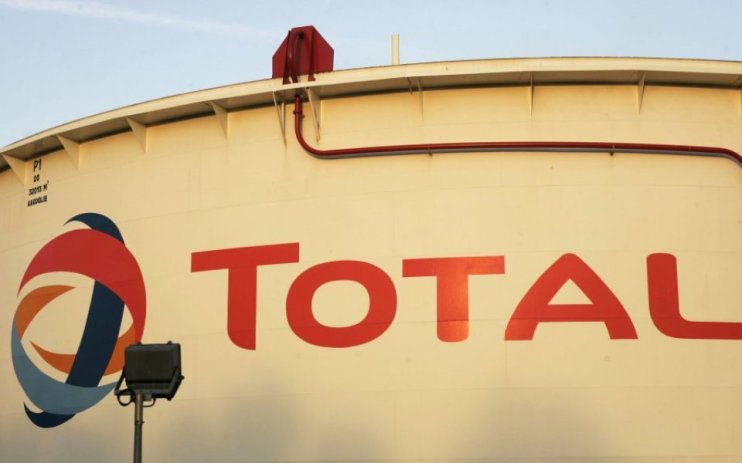Total pain: French energy giant suffers $4.1bn hit from Arctic LNG project

French energy giant TotalEnergies (Total) has taken a $4.1 billion hit following it withdrawal from a Russian liquiefied natural gas (LNG) project in the Arctic.
It revealed the impairment losses in its first quarter trading results for the first three months of the year.
This follows the company announcing last month it would no longer book proven reserves from the Arctic LNG 2 porject, following uncertainty over technological and financial sanctions imposed on Russia by the West.
The company explained: “Since then, on April 8th, new sanctions have effectively been adopted by the European authorities, notably prohibiting export from European Union countries of goods and technology for use in the liquefaction of natural gas benefitting a Russian company. It appears that these new prohibitions constitute additional risks on the execution of the Arctic LNG 2 project.”
Total faced severe criticism following Russia’s invasion of Ukraine for not gollowing its rivals BP, Shell and ExxonMobil in exiting the country.
It opted against ditching its 19.4 per cent stake in Novatek, Russia’s largest producer of liquefied natural gas, instead only pledging to not invest further after Russia’s invasion of Ukraine.
Alongside the impairment cost, Total has also announced it is planning $3bn of share buybacks during the first half of the year – cashing in on high oil and gas prices, which caused earnings to rise sharply.
The company posted an adjusted net income up 32 per cent quarter on quarter to $9bn for the first three months of 2022.
It also revealed a core profit increase of 22 per cent to $17.4bn.
This is a bump up from its expectations in February, when it said it would buy back $2bn in shares.
The group revealed it had repurchased $1 billion of shares over the first quarter.
It also warned prices could remain elevated if increased oil production from the United States and members of the Organzation of the Peroleum Exporting Countries (OPEC) fails to offset an expected drop in Russian crude and refining output.
OPEC has persistently missed its raised production targets this year, further tightening supplies in the market.
This has contributed to the International Energy Agency (IEA) warning of shortages in supply in the second and third quarters of 2022 – meaning oil prices are likely to remain historically elevated.
Prices remain elevated above $100 per barrel on both major benchmarks.